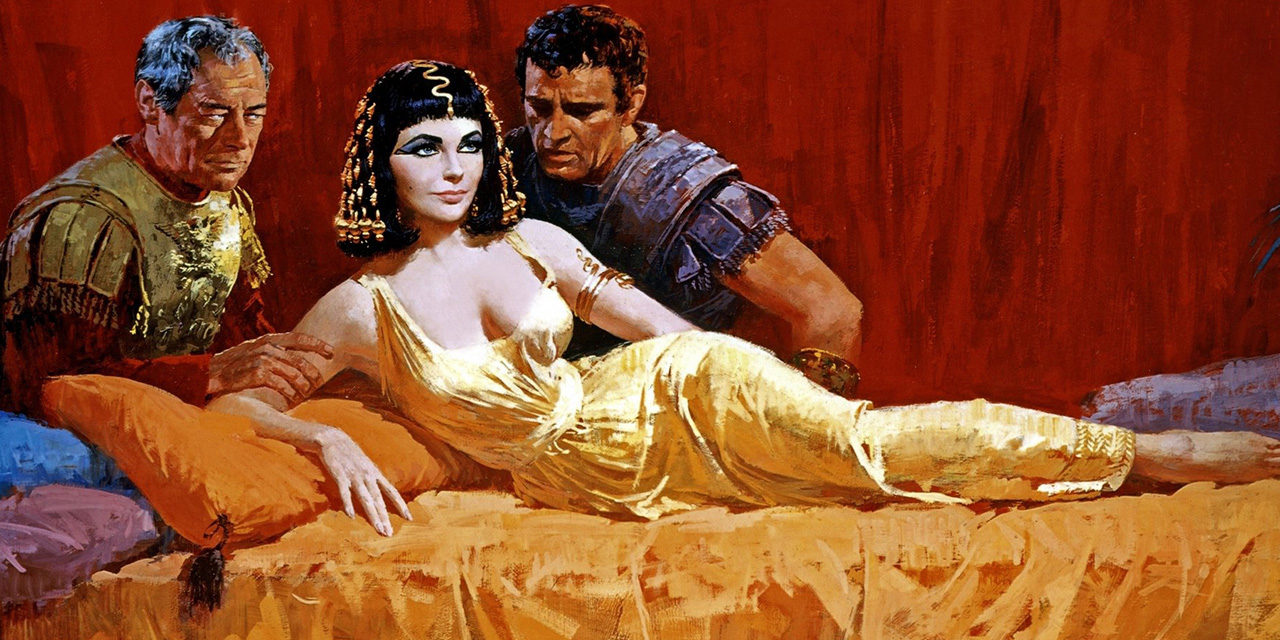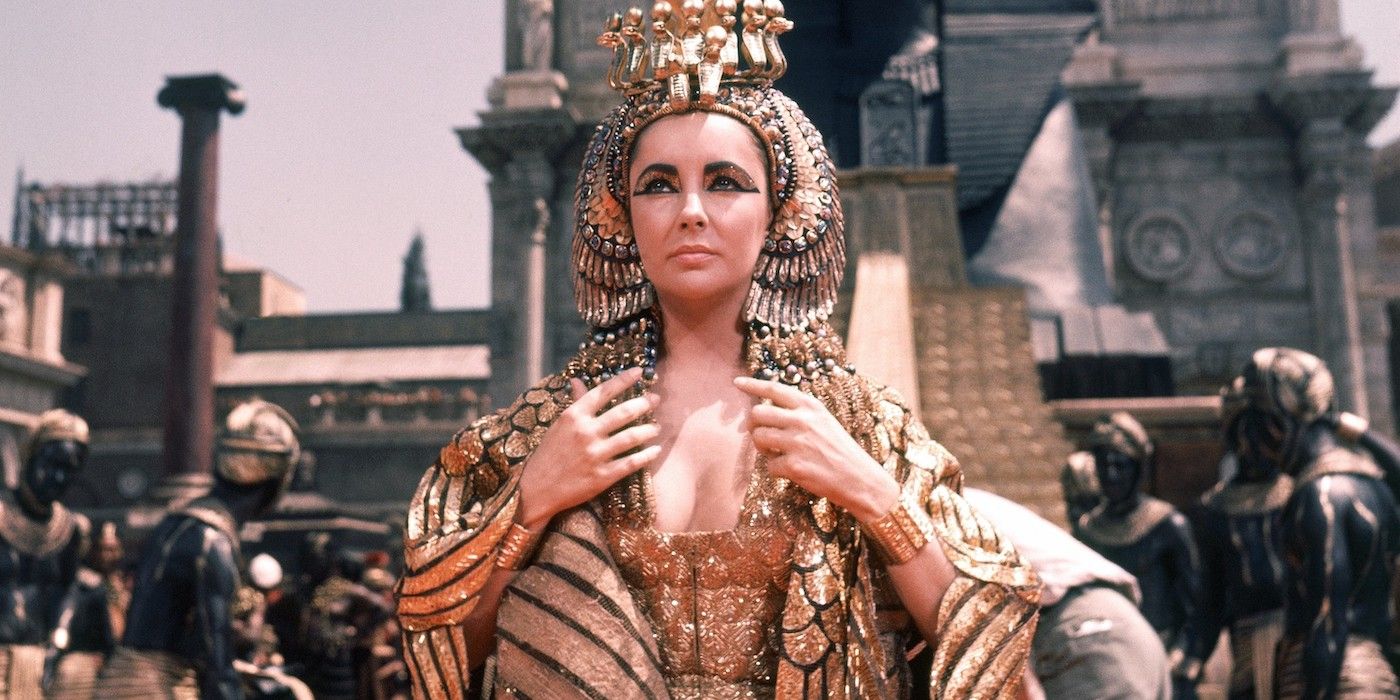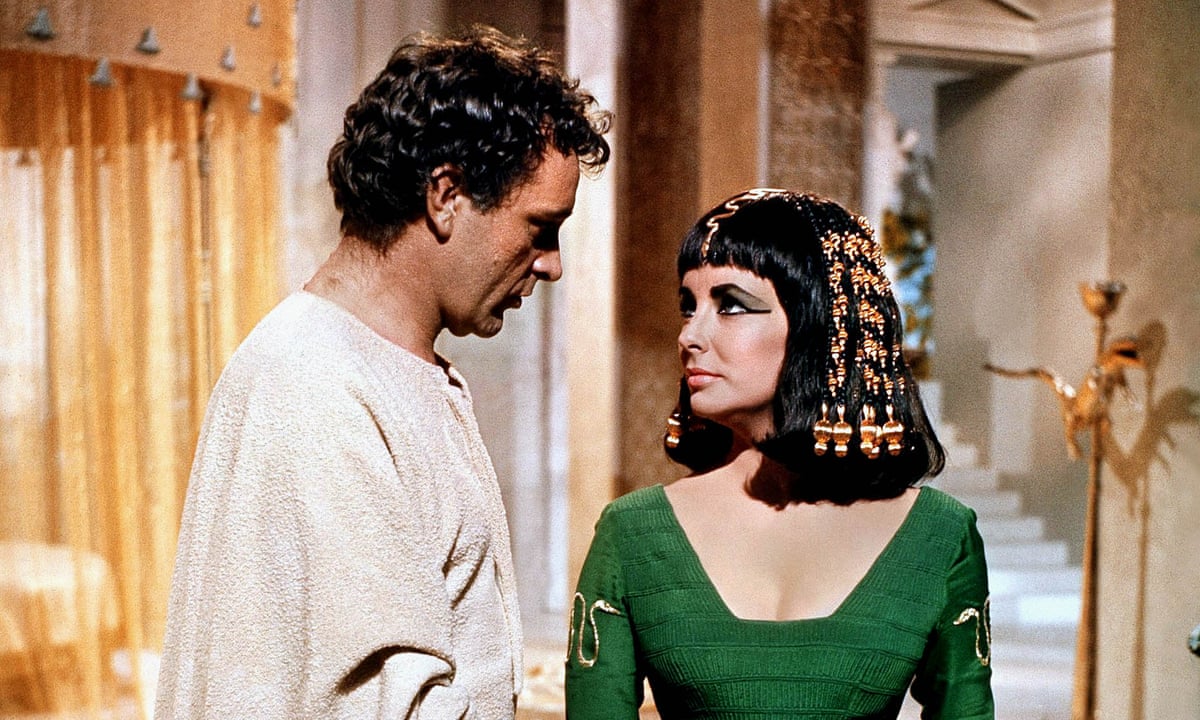Cleopatra (2025) – The Queen Returns to the Screen
Few figures in history carry the same mythic allure as Cleopatra, and in 2025, cinema once again bows before her legend. With Angelina Jolie stepping into the role of the Egyptian queen, Cleopatra (2025) becomes not just a film, but an event—an exploration of power, love, and destiny set against the vast canvas of an empire on the brink of change.

From the first frame, the film radiates grandeur. Towering monuments, sun-drenched palaces, and the unyielding Nile become the backdrop to a tale as intimate as it is epic. Jolie embodies Cleopatra with a presence that blends regality with vulnerability, reminding audiences that behind the crown was a woman whose choices shaped the fate of nations.
The story unfolds as both historical chronicle and timeless drama. Cleopatra is caught between worlds—between the politics of Rome and the traditions of Egypt, between the pursuit of power and the desire for love. Her reign is painted not as myth, but as a struggle of survival and sovereignty in an age where ambition was often paid for in blood.

The film’s tagline—“Some queens rule with love, others with fire”—captures its essence. Jolie’s Cleopatra is a queen who wields both, navigating alliances with Caesar and Antony while asserting her own authority. She is no pawn of history; she is the architect of her own destiny, even as the tide of empire threatens to consume her.
What makes Cleopatra (2025) striking is its balance of spectacle and humanity. Yes, the battles are vast, the costumes dazzling, and the palaces majestic. But within that scale beats a human heart: Cleopatra as mother, lover, strategist, and survivor. Her story is not only about Egypt’s destiny but about a woman’s fight to define her place in a world ruled by men.
The supporting cast enhances the intensity, with Rome’s political titans portrayed with equal weight. Their ambition clashes with Cleopatra’s resolve, creating a narrative thick with betrayal, negotiation, and the ever-present question: who truly holds power?

The film does not shy away from tragedy. For all its beauty and romance, Cleopatra is also the story of an inevitable fall. Yet it is in that fall that the queen becomes immortal—her legend transcending defeat, echoing across millennia as a symbol of power, intelligence, and defiance.
Visually, the film is a feast. Golden light floods the screen, contrasting with the deep shadows of betrayal and war. Every detail, from the sweep of a gown to the clash of swords, is rendered with meticulous care, pulling viewers deep into the grandeur and grit of the ancient world.
The rating of 4.3/5 reflects both the spectacle and the ambition of the project. While some may debate its interpretation of history, what cannot be denied is its cinematic power. This is a film that seeks not just to tell Cleopatra’s story, but to etch her once more into the cultural imagination.
At its core, Cleopatra (2025) is about legacy. It is about the price of power, the fragility of love, and the eternal question of what it means to rule. Angelina Jolie delivers a performance that ensures this Cleopatra is not only remembered, but revered.

As the final words echo—“History will remember her name”—audiences leave the theater knowing that this is more than prophecy. Cleopatra has always been remembered. This film ensures she always will be.
Related movies:











